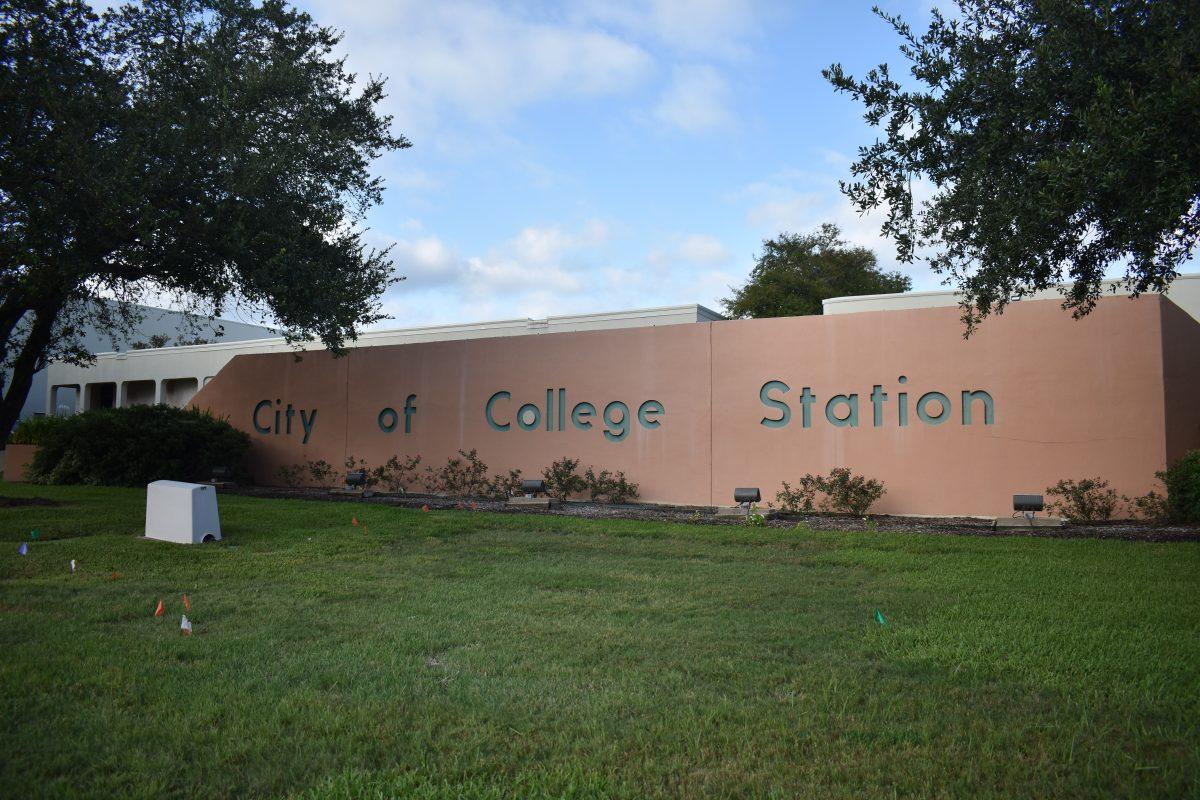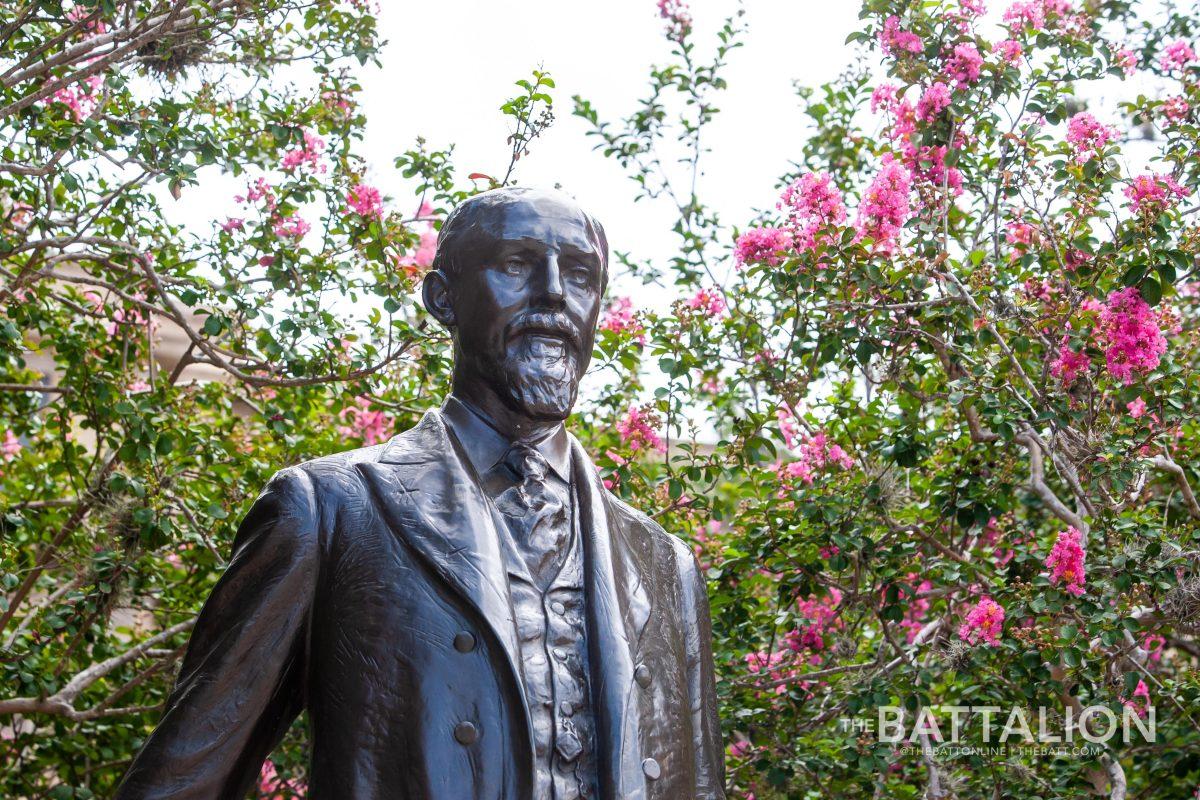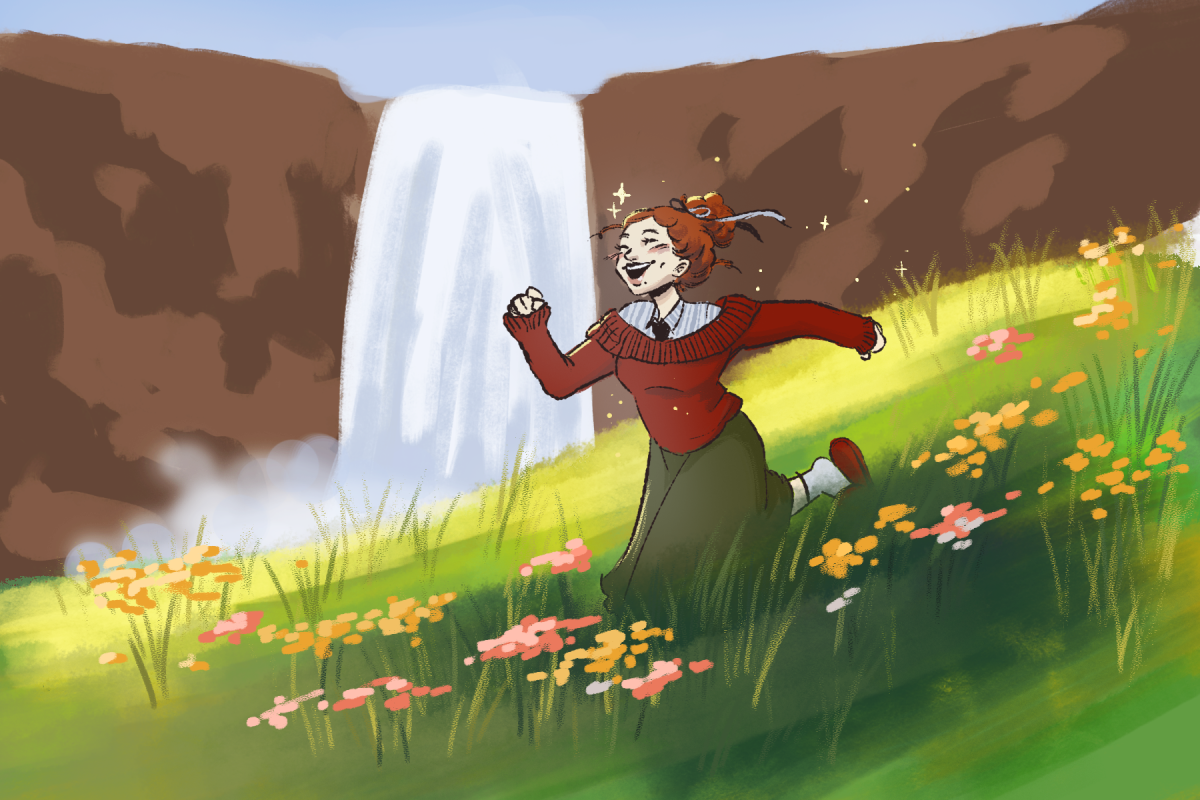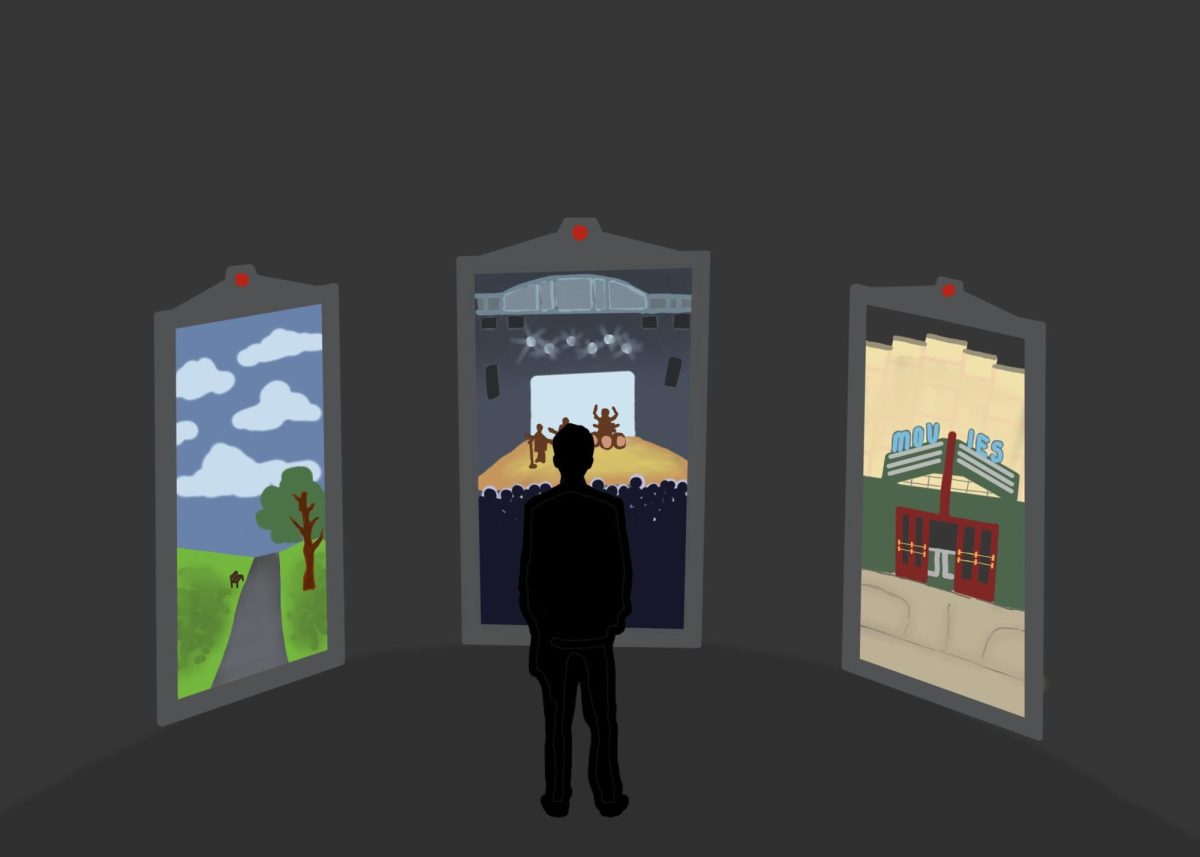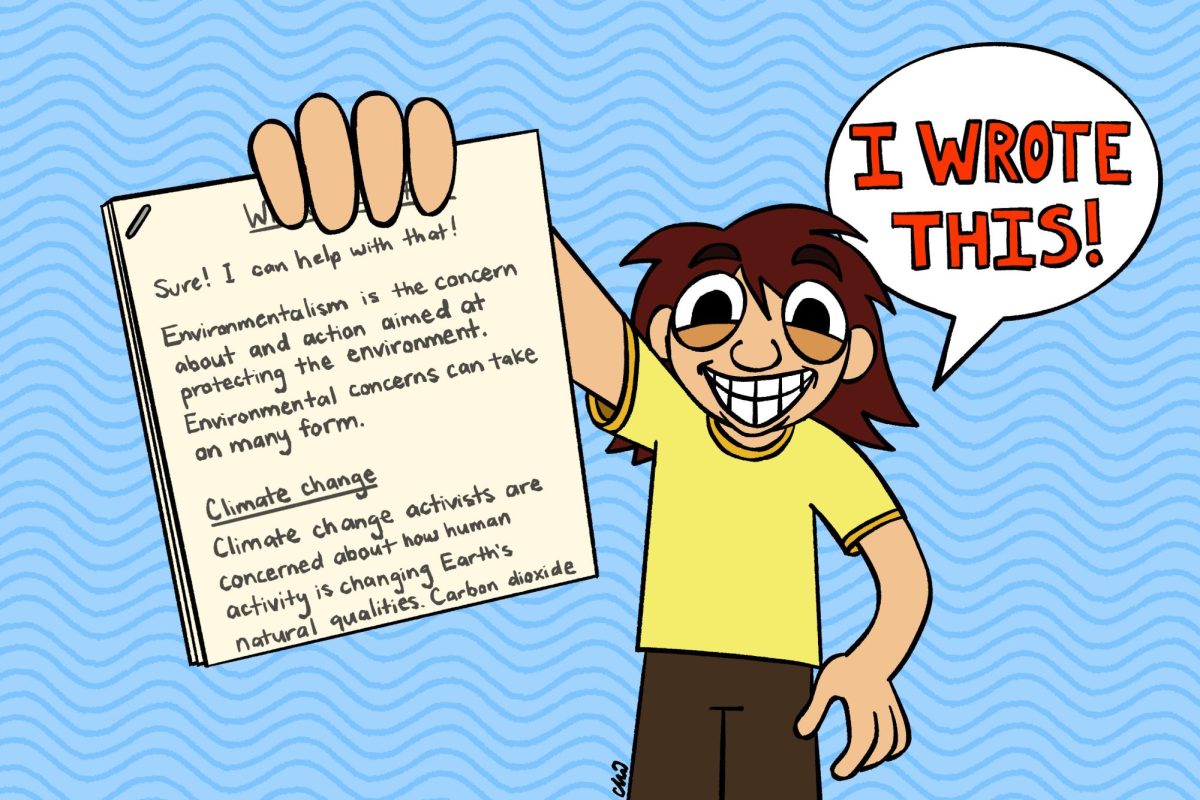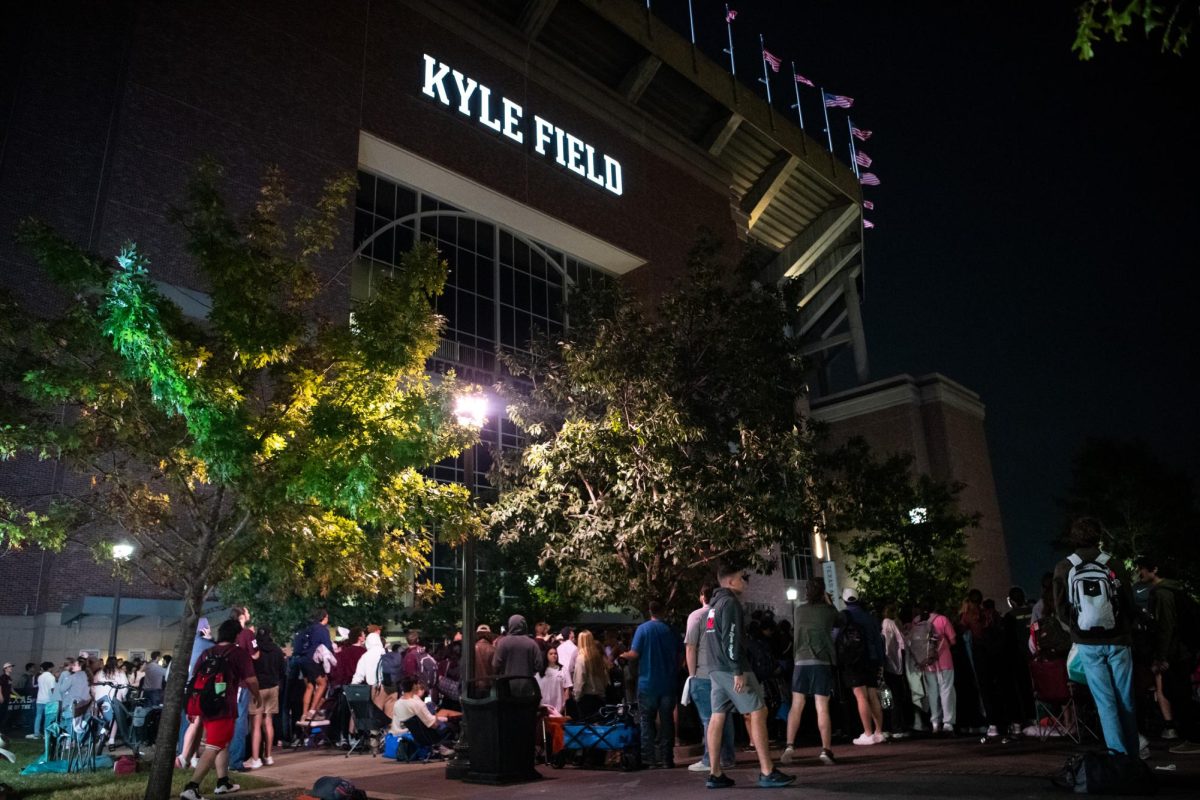John McDermott told his students not to call him “Doctor.” He preferred “Professor.” This choice reflected his perspective on his life’s work. His published works contributed greatly to the philosophical literature, but—unlike many in academia—his primary goal was not to solve novel or obscure problems. He was, first and foremost, a teacher. Professor McDermott died over the weekend at age 86.
This is not an obituary. I know some of the professor’s life story, but I am by no means qualified to tell it. I have also read many of his published writings, but I would surely fail if I attempted to distill those ideas here. An obituary tries to tell you how the deceased ought to be remembered. I would insult Professor McDermott’s legacy if I presumed to be able to do that. You should read his writings. You should learn from his colleagues and graduate students in the philosophy department. You should seek out stories about his role in founding the Faculty Senate and his failed effort to save the old doors to the Academic Building. You should do these things because he left behind innumerable lessons that I cannot teach you.
I can, however, give you a small window into the life of a man I greatly respected. I can encourage you to seek out teachers, mentors and friends who might profoundly influence your own life’s journey. I can use a great man’s passing as the impetus to, in a very small way, carry on his life’s work.
I took Professor McDermott’s course in American Philosophy in the spring of 2015. He taught his classes on the second floor of the Academic Building in a room he demanded because it still had blackboards. He knew students would not experience his lectures the same way if he wrote in dry erase marker. He would walk into class wearing a sport coat and slacks, sit down, and set his hat on the desk in front of him. He smelled faintly of pipe tobacco. The sleeves of his jacket were stained white with chalk dust. On the first day of class he told us we were required to buy five books, together totaling nearly 3,000 pages. He told us we had to read all of them. Not during the semester, but over the course of our lives.
At the end of each class he asked for a volunteer to walk him to his car in the Koldus garage. When my turn came, I matched his deliberate pace through the halls of the Academic Building, at first making idle banter. When we exited the south door, he stopped at the first bench we came to and sat down. My assumption that he intended to catch his breath was challenged when he produced his pipe. He smoked and we spoke. I told him I had recently taken the LSAT and would be applying to law school that fall. We spoke of how lawyers, like members of many professions, could be miserable or fulfilled. He told me that fulfillment would be a product of working toward worthwhile causes, wherever I might find myself. This is, of course, a platitude. After more than two years in law school, I know now that it is a platitude so many lawyers nonetheless ignore.
As I helped him into his car, Professor McDermott told me that he was happy for the career I had chosen because I would be one of the good guys. Some people say things like that just to fill a conversation. That is not how he said it. He said it casually, but with an unmistakable seriousness. It took me a moment, as he drove off, to know what to make of this.
Professor McDermott could not have known, just from speaking to me, what type of lawyer and person I would become. But he knew that by connecting with me, looking me in the eye, and telling me that I would make a difference in the world, he made it more likely to be true.
Professor McDermott is gone, but teachers like him remain. Find one. Be one.
Reid Hopkins, Class of 2016, is a third-year student at the University of Pennsylvania Law School, and a masters student in philosophy at the University of Pennsylvania.
Letter to the editor: John McDermott was our professor, and we are still his students
October 2, 2018
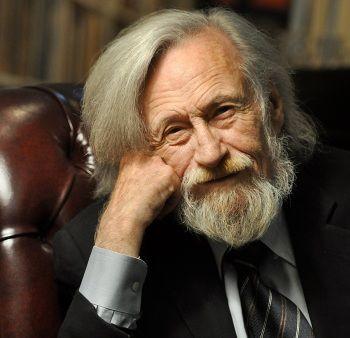
Photo by Courtesy
John McDermott
0
Donate to The Battalion
$2790
$5000
Contributed
Our Goal
Your donation will support the student journalists of Texas A&M University - College Station. Your contribution will allow us to purchase equipment and cover our annual website hosting costs, in addition to paying freelance staffers for their work, travel costs for coverage and more!
More to Discover





